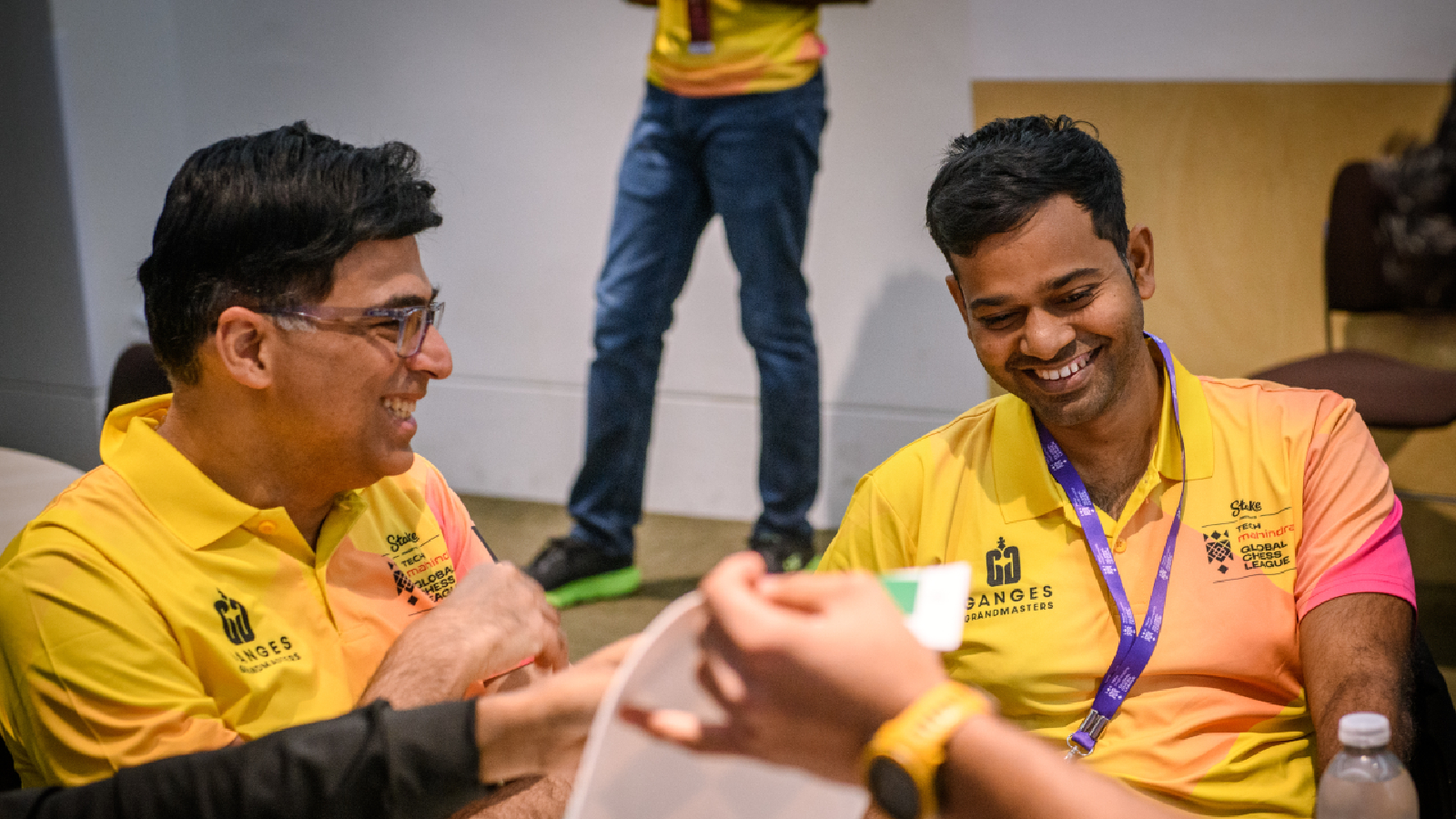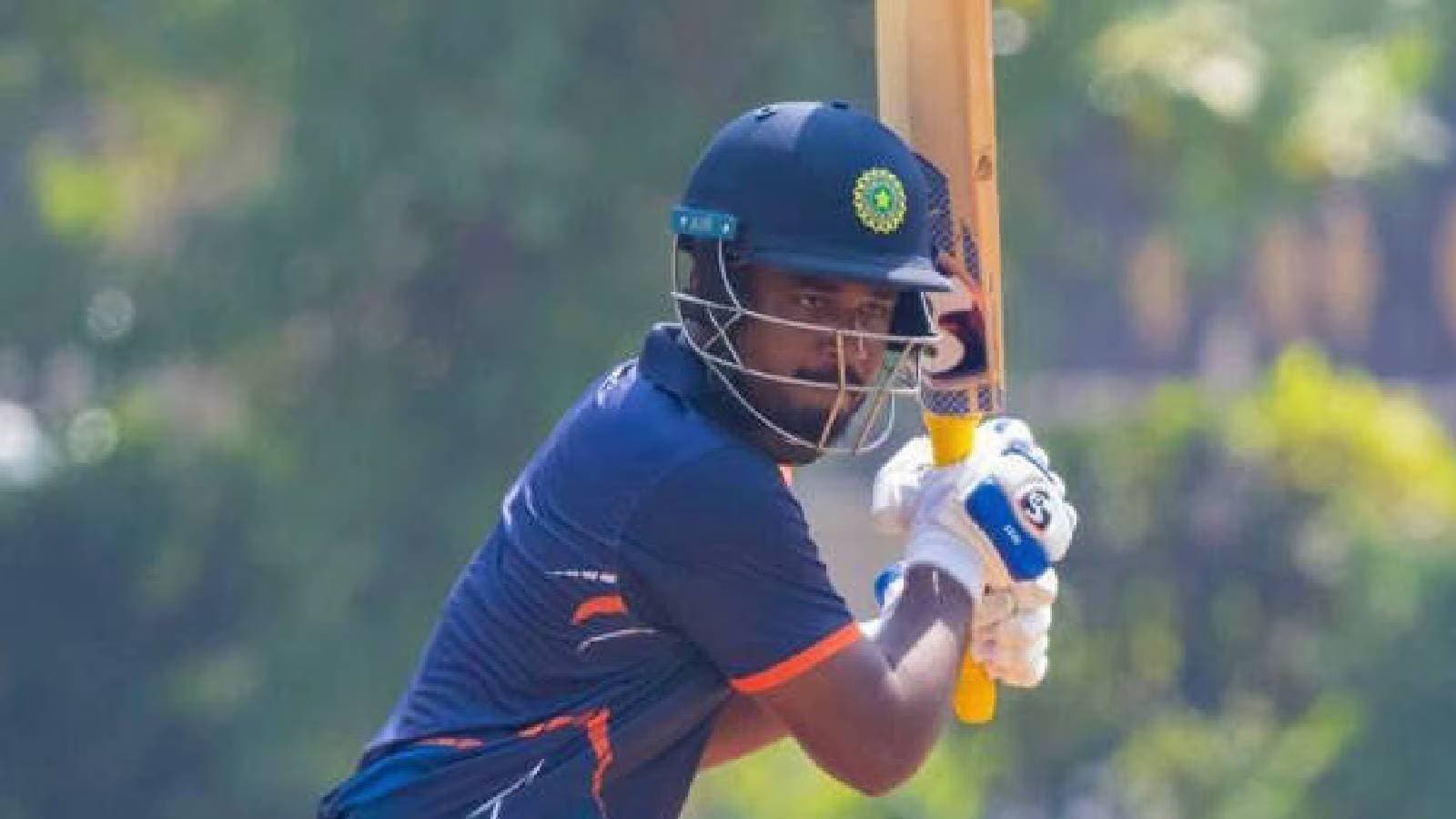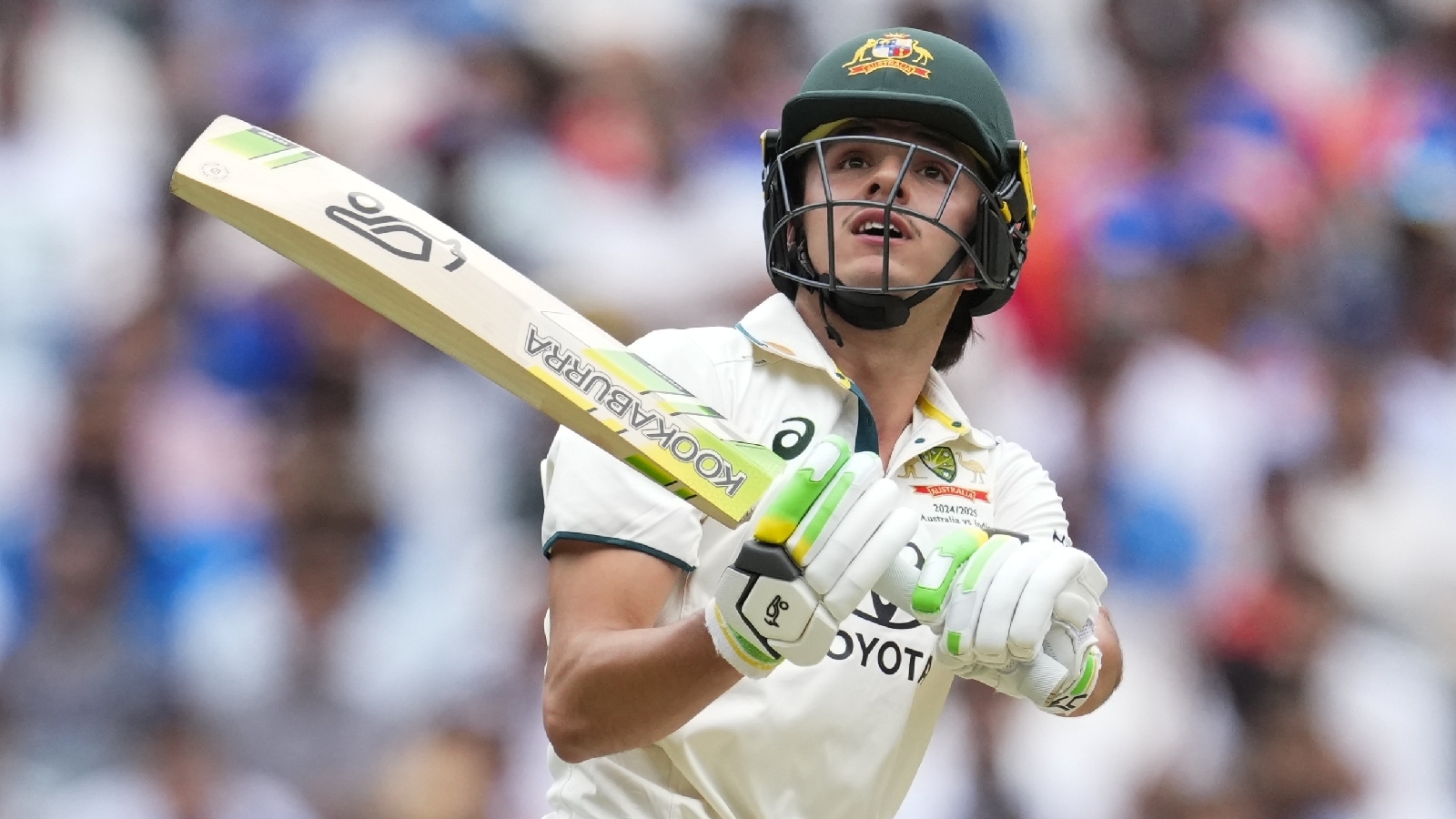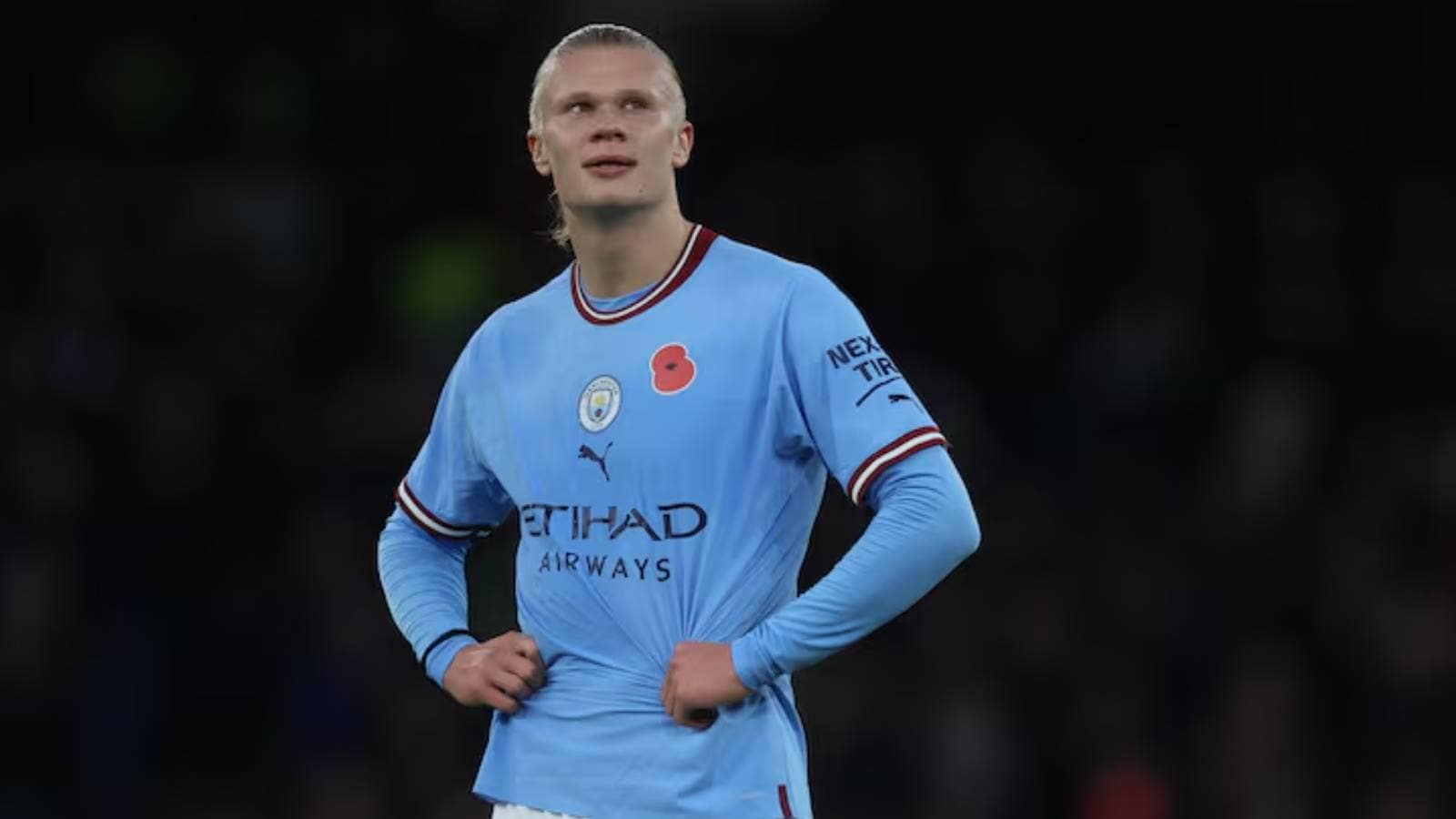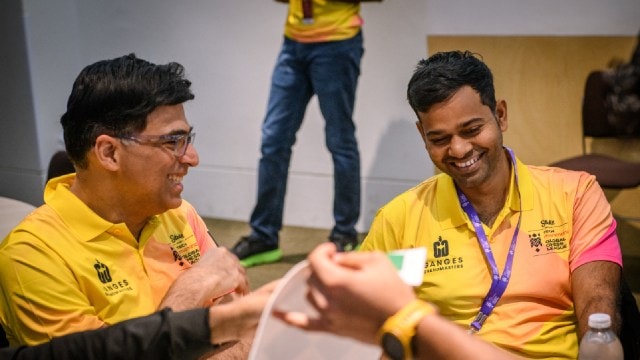
In a month’s time, there is a possibility that 18-year-old Gukesh could go where Magnus Carlsen, Garry Kasparov, Viswanathan Anand, and Bobby Fischer could not. He could become the youngest-ever world champion, getting to the throne in his teenage years, something that has not been done in the history of the world championship, which has been fought since 1886.
In his career, Gukesh has been close to tags like the youngest ever on a few occasions. He earned a world championship title clash against Ding Liren by becoming the youngest-ever winner of the Candidates at the age of 17, which also made him the youngest-ever qualifier for the world championship match. He also came within touching distance of becoming the world’s youngest grandmaster ever — missing the tag by just 17 days — when he became a GM at the age of 12 years, seven months and 17 days.
What stands out about Gukesh’s career trajectory, though, was a radical “experiment” proposed by one of his earliest coaches, grandmaster Vishnu Prasanna. It was that move that separated Gukesh’s early journey on the chessboard from his peers like R Praggnanandhaa and Arjun Erigaisi.
Very early on, Vishnu suggested a gambit that could have backfired: he asked if the 11-year-old Gukesh would consider refraining from using chess engines until he reached a certain ratings threshold. Mind you, he suggested this in an era where chess prodigies are practically being raised as much by their coaches as engines.
It would mean that the opening lines that Gukesh would play in games would be thought of by Vishnu and Gukesh without double-checking it with an engine that could point out loopholes in the line.
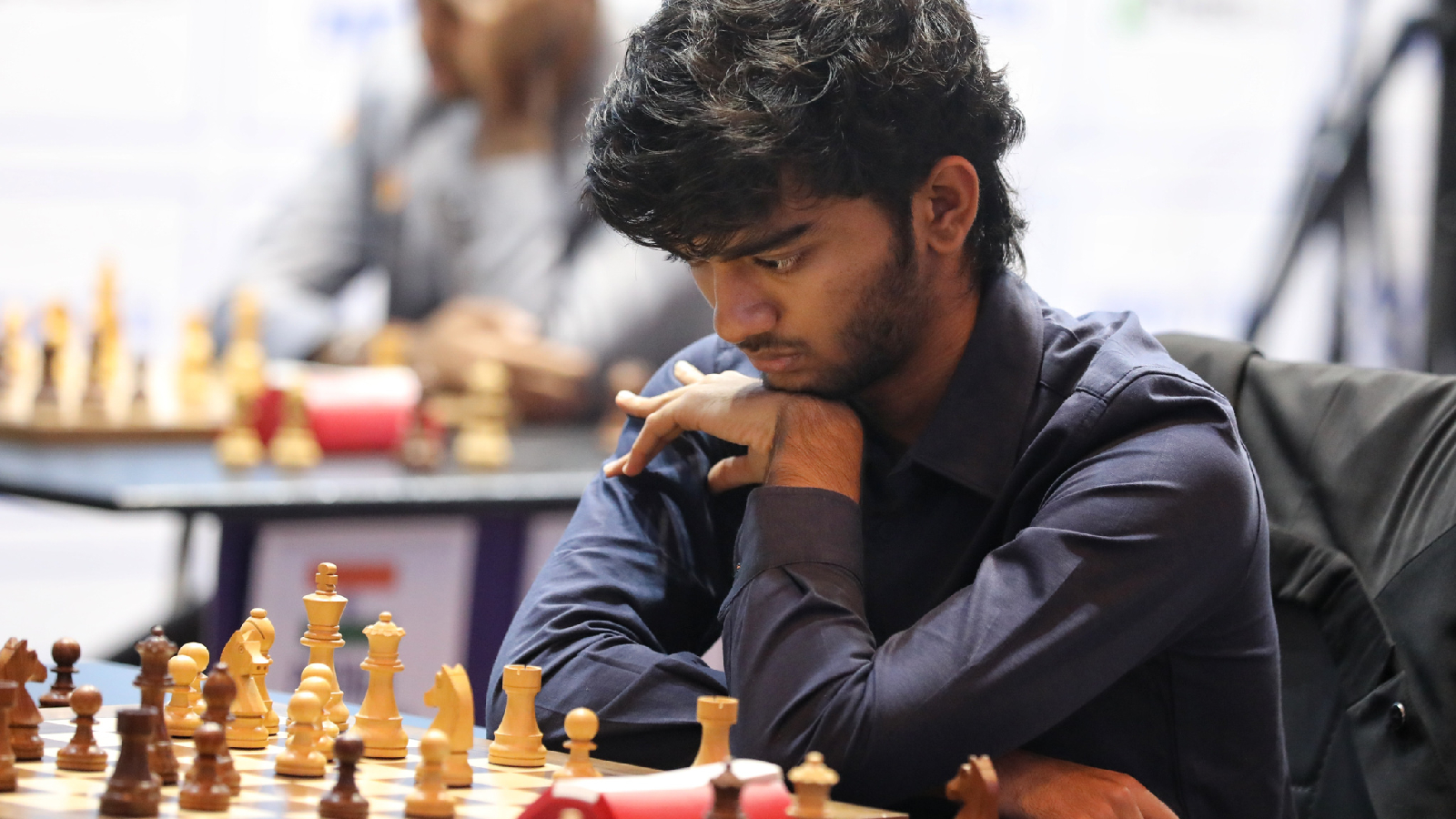
After games too, using an engine could have helped figure out where things had gone wrong in a matter of minutes, if not seconds. In essence, it was like Gukesh and Vishnu had deliberately chosen to go back a decade and train like the good ol’ days when engines had not fundamentally altered everything about the sport.
Vishnu says that he had suggested the idea to the parents of a few other players as well. But no one, barring Gukesh, was willing to punt on what Vishnu calls an experiment to challenge existing norms in the sport.
“This was like a very prominent thing to challenge (in chess)! This was like questioning everything (we know about training kids in the sport),” Vishnu told The Indian Express. “That was just something I was experimenting with. I used the idea of not using a chess engine mainly to develop confidence and to set up a certain mindset (in Gukesh). My understanding was that if you need to make decisions continuously, like you’re playing a game. In a game, you don’t have an engine and you’re making decisions with a fair amount of uncertainty. I just wanted to imitate that in training away from matches. I just wanted him to kind of have his own mindset.”
Gukesh eventually started using engines when he had crossed the 2500 rating threshold.
Ask Vishnu how that experiment helped shape Gukesh into a calculating juggernaut, and the 35-year-old says: “I think Gukesh became quite precise. It’s hard to say such things with complete proof. But some things are certain: he has a certain assessment of positions on the board which the engine does not agree with but he’s quite good at noticing them. He has a good practical sense of what would work and what would not. He became very precise in his calculations.”
Gukesh’s mindset even as an 11-year-old
Vishnu credits Gukesh’s sharp rise to his mindset since he started working with him at the age of 11.
“The first thing I noticed about him was the emotional maturity he had and certainly the hunger to learn. He was completely different from others. Somehow he was always much more serious about chess than others in his age group,” says Vishnu.
Vishnu says that when other kids his age in the training group would joke around and want to play the blistering-quick blitz games, Gukesh had the same drive he has today.
“He was always super serious. Even at 11! He would never ever take any game, even a blitz game, lightly. I thought, okay, this guy really wants to be something. He was very driven right from the start,” says Vishnu.
I’m Manas Ranjan Sahoo: Founder of “Webtirety Software”. I’m a Full-time Software Professional and an aspiring entrepreneur, dedicated to growing this platform as large as possible. I love to Write Blogs on Software, Mobile applications, Web Technology, eCommerce, SEO, and about My experience with Life.


